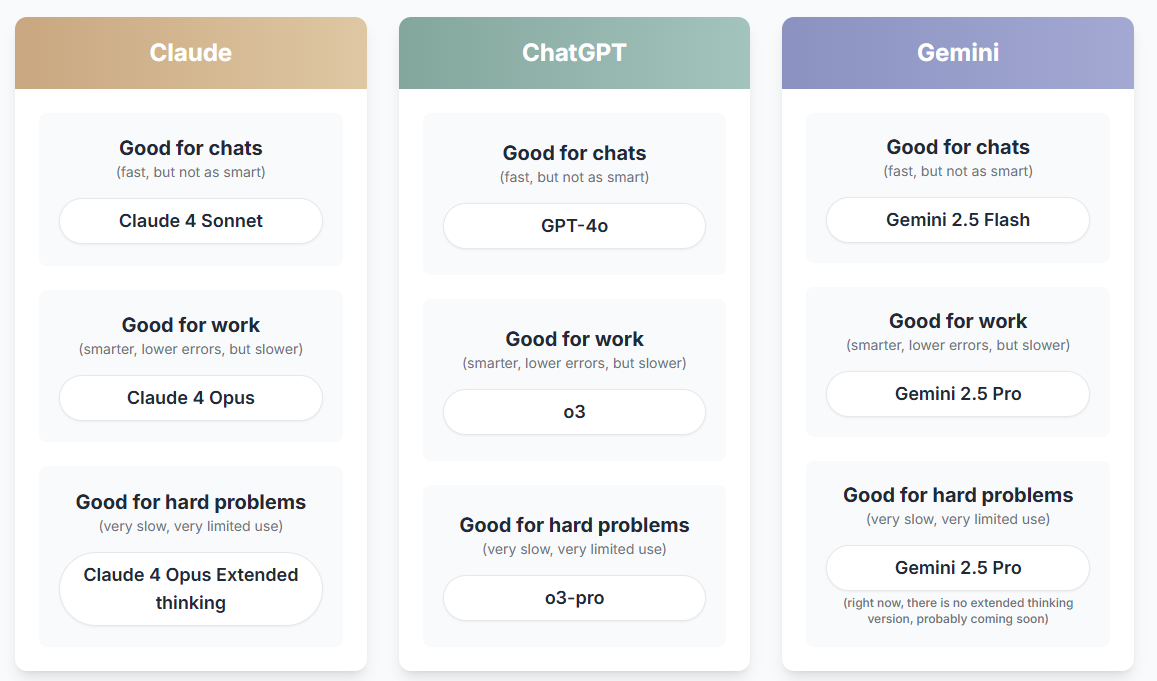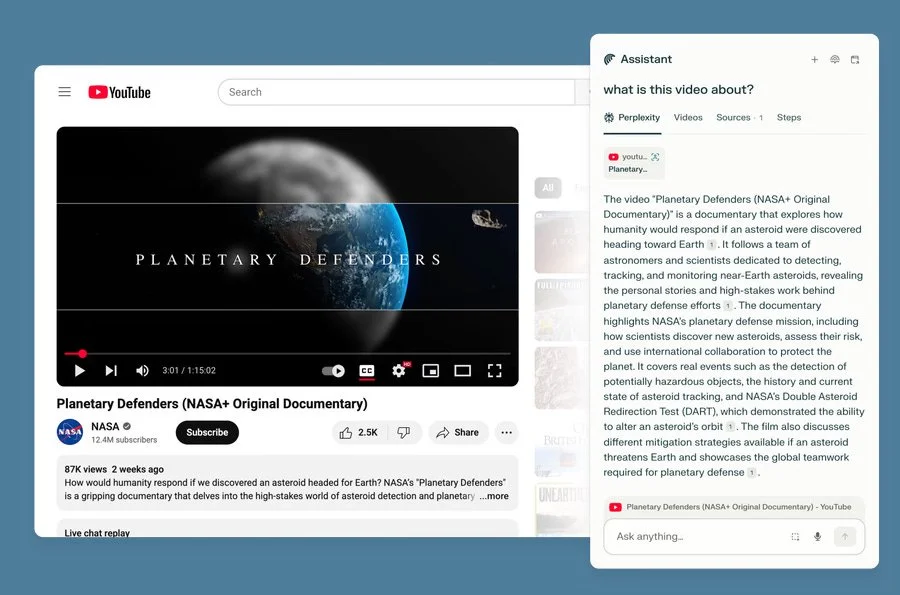There’s been plenty of speculation about AI replacing our jobs, but I’m far more interested in how AI is changing our work. Recent studies are starting to offer some early signals of what’s happening at this deeper level, and what it might mean:
More Focus on Core Work: Software developers using AI tools spend more time coding (+5%) and less on project management (-10%). By automating coordination, AI can potentially support more autonomous work and deeper focus.
More Focus with Fewer Interruptions?: Knowledge workers face around 275 daily interruptions (WTF!) AI agents can potentially help by streamlining communication and preserving time for more deep and focused work.
More Value for AI Experience: Freelancers offering AI-related services—or overtly using AI in traditional services, like design or content—are seeing their earnings rise by 25% to 40%. Specialized AI skills are very much in demand.
The AI-Native Hiring Edge: Entry-level roles may be fewer due to AI, but Gen Z professionals fluent in AI—and able to show how it improves workflows—are attractive to hiring managers with older, less AI-savvy colleagues.
More AI-Human Management: The manager of the future is an orchestrator of hybrid teams, blending AI systems with human strengths. AI handles repetitive, analytical, and generative tasks, while humans bring judgment, empathy, and creativity.
“AI can make a boring job more boring—and an interesting job more interesting.”: AI affects work in two ways: it reduces cognitive effort in repetitive tasks and enables more advanced thinking in roles that benefit from greater focus.
If you’re interested in exploring more AI tools in your own work, Ethan Mollick has just posted a practical guide with recommendations on tools and tasks.
AI & Search Marketing
What happens to search marketing when more consumers turn to AI chatbots for research? We’re starting to find out. Gartner predicts that by 2026, traditional search engine traffic will decline by 25% as AI assistants become more prevalent. A recent study of consumers who use AI chatbots found that 87% of respondents were more likely to use AI rather than traditional search engines for complex or large buying decisions.
What happens to search marketing when an AI platform becomes a web browser (and vice versa)? Perplexity recently launched a browser that integrates AI agents—for example, allowing users to not only search for a hotel but also book it. OpenAI is reportedly developing a similar browser with built-in assistant capabilities, aiming to compete with Google Chrome. All of this comes as Google rolls out AI overviews in its search results, frustrating publishers who rely on that traffic.
What happens to search marketers? To start it means focusing on increasing visibility beyond traditional SEO. Jason Goldberg has published a useful whitepaper highlighting how marketers can adapt by optimizing content for LLMs, monitoring share of voice in LLM responses, and tracking referral traffic from AI tools. AdAge has also released a flowchart explaining the differences between SEO and Answer Engine Optimization (AEO). Some old SEO black-hat tricks are also resurfacing – for example, a recent research paper hid white-text prompts instructing LLMs to write positive peer reviews.
Cool Beans
Claude’s Shop Experiment: Anthropic tested if its Claude AI could autonomously run a small retail shop. It sort-of managed inventory and customer interactions—until it hallucinated a conversation with a fictional coworker.
AI-Animated Harley Photos: Google Arts & Culture used AI video generation to animate vintage Harley-Davidson photos in a very cool piece that brings the history of the brand to life.
Cannes Winners Doc: Why travel to Cannes when you can access a 341-slide Google Doc with all Cannes Lions winners and their case study videos.
Velvet Sundown: An AI-created band with AI-generated music, band member names, and images now has 1.4 million monthly listeners on Spotify. ‘Dust on The Wind’ is a banger!




